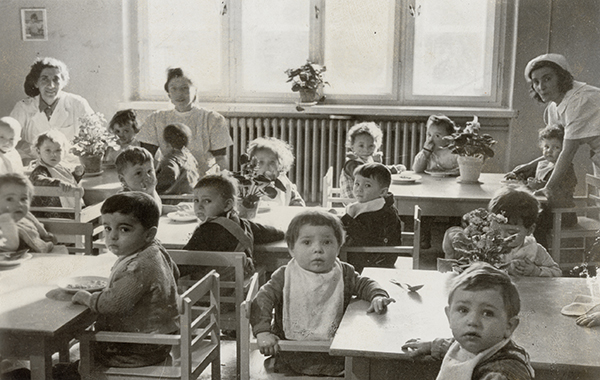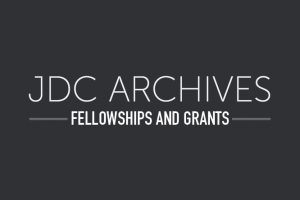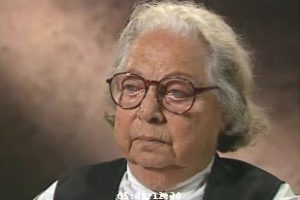
JDC Archives Awarded Preservation Funds for Two of Its Rare and Unique Films
June 22, 2017
The American Jewish Joint Distribution Committee (JDC) Archives was one of the 2017 grant recipients from the National Film Preservation Foundation, a nonprofit organization created by the U.S. Congress to help save America’s film heritage. The funds will go toward the preservation and digitization of two unique and historically significant films from the JDC Archives collection.
The first of these films, JDC-Poland Postwar 1949, was produced to record the work being done by the Joint in Poland during its last year of operation there before being expelled by the Polish Communist authorities. Having left Poland in 1941 with the U.S. entry into World War II, the JDC was authorized to restart its work in the country in 1945. For the next four years it played a crucial role in helping the 220,000 survivors of the community rebuild their lives by providing support to Jewish institutions, including orphanages, schools, hospitals, soup kitchen and vocational training and with emigration assistance. Conceived as having narration added later, JDC-Poland Postwar 1949, includes scenes of the life of children in the Jewish community children’s homes and of artisans and workers in Polish Jewish cooperatives. The second film, South American Children’s Colony, showcases El Hogar Infantil, a Jewish children’s home for the needy in Buenos Aires, Argentina. The children home was maintained by the Associación Filantrópica Israelita –an aid group for German-speaking Jewish refugees- with the support of the JDC. The footage includes shots of children, playing games, climbing trees, eating, napping outdoors, doing homework and being read to.
Young children at a JDC-supported children home having a meal.
Poland, 1946-1948.
JDC-Poland Postwar 1949 and South American Children’s Colony are among the oldest films in the JDC collection. They are direct records of Jewish history from a critical period. Preserving them will make this material accessible to scholars, students, filmmakers, and the general public.
JDC continues to seek additional funding to preserve, digitize and make accessible hundreds of films from the 1930s through the 1970s which document the scope of the organization’s critical humanitarian work in Europe, Africa, Israel and Latin America.


